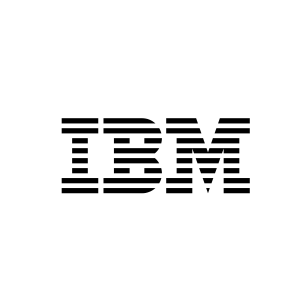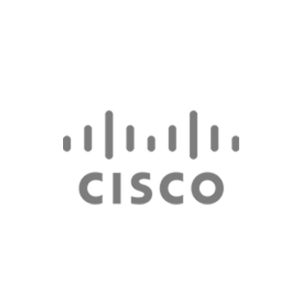Description
Even projects that have solid, well–defined project plans encounter some degree of change and waste. Shifting market conditions, budget cuts, staff restructuring, or any number of influences will disrupt the best plan while contributing to customer dissatisfaction and staff discouragement. Moreover, projects that begin with changing or unclear requirements make it difficult to even establish project expectations. Scrum is the agile development process that allows teams to deliver usable software periodically throughout the life of the project, evolving with new requirements as the project proceeds.
Who should attend
This Scrum Master (CSM) certification program was developed for any professional who is currently involved in or will become involved in the running of Scrum projects.
Current Scrum Team Members not certified, including:
- Business customer, user or partner
- Product Owners
- Team Members
- Acting ScrumMasters who currently are not scrum certified
Positions within organizations that are interested in moving to Scrum, including:
- Project Manager Project lead
- Project sponsors
- IT Manager/Directors
- Business Analyst
- Developers/Programmers
Prerequisites
Although it is not mandatory, students who have completed the self-paced Foundations of Agile eLearning course have found it very helpful when completing this course.
Course Objectives
- The details on Scrum roles: Team Member, Product Owner, Scrum Master
- How to gain an understanding of the foundational/critical concepts of Scrum with our Certified Scrum Trainer® instructional program
- How to apply empirical thinking to your project work
- How a team’s productivity can be adjusted to account for its composition
- How to appreciate the importance of organizational agreement on software readiness
- Why the Scrum Master role can be the most satisfying as well as the most difficult job on a project
- How conflict resolution plays a critical role in Scrum
- How to work on a real-world Scrum project live in the classroom
- How to practice and utilize the Scrum Framework
- How to know when software is « Done » under Scrum
Outline: Certified ScrumMaster Workshop (CSM) (SCRUM)
Part 1: Lean, Agile, and Scrum
- Scrum Roles
- Scrum Events and Artifact Transparency
- Sprint and Increment
- Sprint Planning
- Daily Scrum
- Sprint Review
- Sprint Retrospective
- Product Backlog
- Sprint Backlog
- Definition of “Done”
Part 2: Scrum Master Core Competencies
- Facilitation
- Coaching
Part 3: Service to the Development Team
- Scrum Master as Servant-Leader
Part 4: Service to the Product Owner
Part 5: Service to the Organization
- Impediment Removal
- Coaching the Organization



